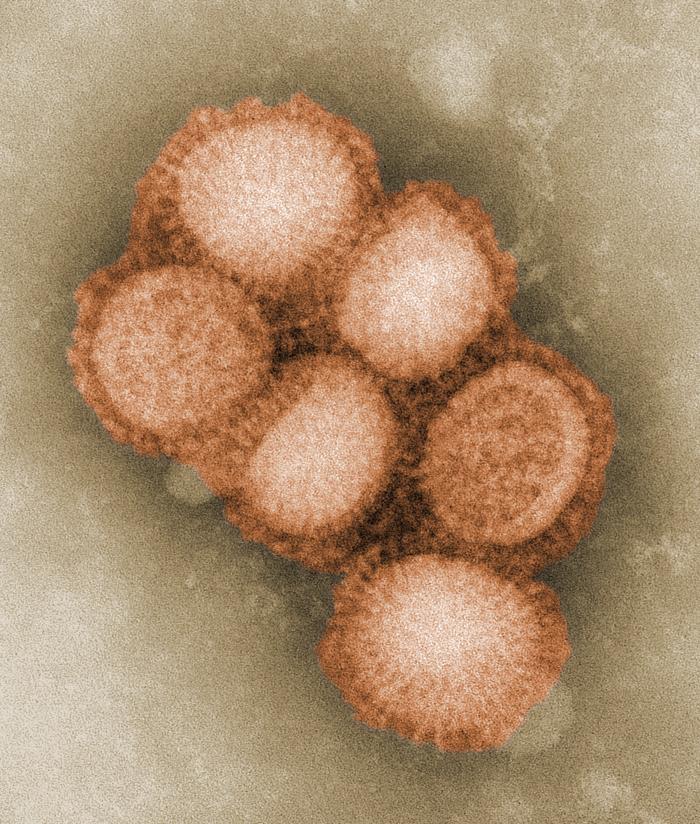
The flu has been a major source of infection for many decades. It, like COVID, is transmitted through the air and is tracked annually, including by all concerned with our current pandemic. The flu virus also passes directly person to person and indirectly through fomites. Human outbreaks have seen a slight uptick (we are in flu season), but because of the precautions taken for COVID-19, the flu virus outbreak levels are still low. Several scientists are predicting more flu cases this year. We must be constantly on guard and recognize how viruses move about so that we might adapt our approaches to reduce the spread of pathogens.
According to a National Geographic article from this past October, experts believe that a combination of social distancing, wearing masks, travel restrictions, hand washing, remote work, and shuttered schools played key roles in dramatically reducing the number of flu cases during the 2020-21 season. Last year there were only a little more than 2,000 lab-confirmed cases in the U.S., compared to the 200,000 that occur during a typical flu season. Flu-related hospitalizations in 2020-21 were also the lowest ever recorded.
Is a 'twindemic' of flu and COVID-19 about to hit the U.S.?
Alert: Increase in influenza cases in South Africa
Flu May Be Spread Just by Breathing, New Study Shows
Infectious virus in exhaled breath of symptomatic seasonal influenza cases from a college community
The flu is a zoonotic disease, crossing from the animal kingdom to humans. The flu has adapted well to pigs and birds. Every year scientists vigilantly watch the flu virus for signs of mutation. Scientists are always looking for cross over viruses that also infect the human population.
Bird Flu Spreading: Here Are The Avian Influenza Outbreaks In Europe And Asia
Europe, Asia on alert after reporting ‘severe’ avian influenza outbreak
Japan confirms H5N8 strain in third bird flu outbreak in the country







